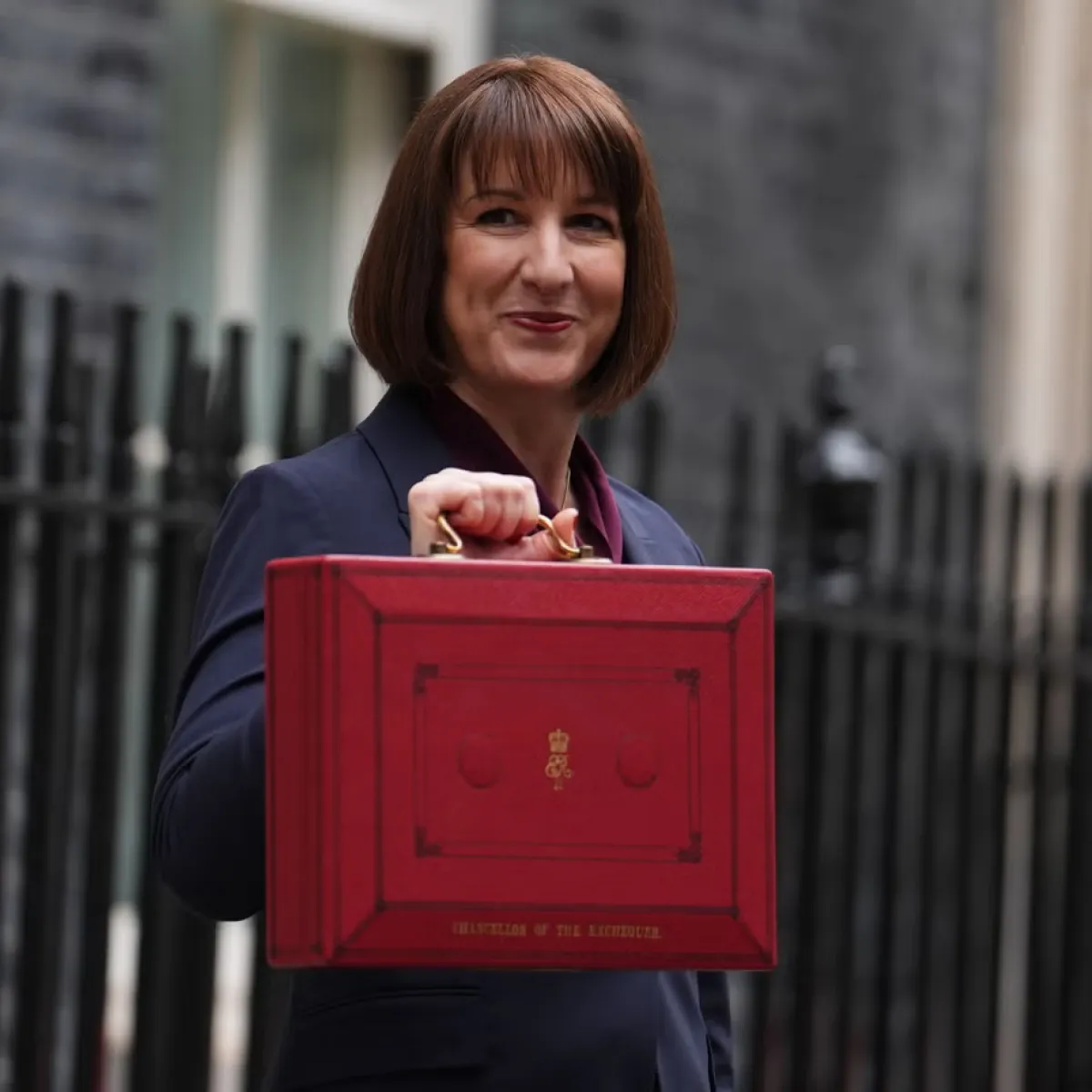This website uses cookies. Learn more
The banking industry – a changing landscape
In conversation with Joy Macknight, editor of The Banker
Watch on-demand recording for ‘The changing landscape of the banking industry' Lansons Media Live event, hosted April 28.
-
Recently I had the privilege of hosting Joy Macknight, who was made editor of The Banker in March this year and is the publication’s first female editor in its 95 year history, to discuss the changing landscape of the banking industry.
Many themes were covered from how the pandemic has accelerated change that was already underway in the industry; the importance of banks delivering a meaningful customer experience in a rapidly evolving digitised world, the future of the office, and the momentum behind banks driving the global agenda on environmental, social and corporate governance (ESG) issues.
Accelerated change
The pandemic fast-tracked changes to the banking industry. Joy acknowledged that due to the banks’ investment in digital transformation before the pandemic, they were able to shift to working from home in a matter of weeks while being able to deliver their products and services digitally.
The number of customers using mobile and online banking facilities shot up and this move to digital banking is here to stay. Joy mentioned that once customers have made this transformation, banks know that this is the way that their client base wants to consume products and services.
The reduced use of cash was another significant change for banks because of people’s fear of transmitting the virus and supported by the FCA increasing the threshold for contactless payments. Digital payments soared and Joy surmised that carrying cash has become a behaviour of the past.
Delivering a meaningful customer experience
High street bank branches have continued to close as the pandemic contributed to the reconstruction of society from physical to digital. Joy highlighted that banks need to know their customers a lot better to ensure they deliver the products and services they want. There is a trend towards hyper-personalisation. This is supported by deploying technologies such as artificial intelligence but also data analytics that can really help to gain insight into customer behaviour.
Joy talked about banks needing to find that balance between the physical and digital world – the ‘figital’ experience – where she added that some banks are rethinking what the branch does for them, what activities are done in branches, and how they can be used for high value-add interactions for retail customers, SMEs and corporates.
L-R: Capital One Café, Bank Branch in Georgetown, US (credit: Garrett Rowland); Banco de Galicia flagship branch, Buenos Aires, Argentina
-
Future of the office
Banks have expressed different views of the future of office working with employees willing to ditch their five-day commutes. Joy pointed out that with banks operating in a highly regulated environment, with extra compliance measures, they will need to evaluate whether working from home long-term will cause security issues and how they will monitor this. Joy gave the example of HSBC and Lloyds who are reducing their office space, while others such as J.P. Morgan are asking U.S.-based staff to return to the office in July on a rotational basis. She concluded that “most banks will start to work with a more hybrid approach.”
A step change in ESG
Joy spoke about the importance of banks not just setting targets but delivering on them and the vital role banks need to play in supporting the global transition of the real economy to net-zero emissions.
The Net-Zero Banking Alliance (NZBA), recently launched by Mark Carney the UK Prime Minister’s Finance Advisor for COP26 and UN Special Envoy for Climate Action, brings together an initial cohort of 43 of the world’s biggest banks with a focus on delivering the banking sector’s ambition to align its climate commitments with the Paris Agreement goals by cutting the carbon content of their assets by 2030 and to be net zero by 2050.
Joy believes that this alliance provides concrete targets for banks and will hopefully support the drive to reducing the world’s carbon. “It is about banks having to step up and walk the walk by setting real targets that they stick to.”
Talking about the transition from brown to green, Joy emphasised that the NZBA is not just about the banks themselves making that transition but also about helping their clients make that transition.
The pandemic has also put a spotlight on the Social pillar of ESG, challenging how banks are, or not, living up to their true purpose. The banks’ focus on employees and the communities in which they operate is a significant part of their ‘build back better’ mantra. Joy points out that Diversity and Inclusion is also becoming an important message that the banks are putting out there by giving the example of Citi’s CEO, Jane Fraser, who at the bank’s latest annual meeting went as far as telling investors that the bank is committed to being an anti-racist institution.
Joy noted that “banks are beginning to realise that they need to serve all their stakeholders, not just their shareholders, so society more at large.”
Outlook for the UK banking sector
With challenger banks not just coming from new start-ups but also from the incumbent banks starting their own digital offering, the UK banking industry is becoming much more competitive. Joy points out that this is what the UK regulator has been pushing for some time, in part by granting new banking licences but also with the open banking initiative.
Besides dealing with a competitive environment, UK banks are also facing other issues. There has been a persistently low interest rate environment for some time, dampening the effect on their revenues, and this tied with a post-Brexit world where they cannot access the European market in the same way, and then the pandemic, makes for a very challenging environment for the UK banking industry.
There is not as much potential for growth than there was previously. Banks need to reduce costs to improve profitability and Joy believes that “digital transformation will help them on this path.”
Joy concluded the session by acknowledging that banks around the world really stepped up during the pandemic and regained some of the trust lost during the global financial crisis by being at the forefront of delivering the government support packages to businesses.
_
Further Support:
Financial Communications
ESG & Purpose
Digital & Social
Stay in the loop with our experts




New Business: to find out how we can help you, contact our dedicated new businesss team consultancy@lansons.com
Careers: we’d love to hear from you, please visit our careers hub











